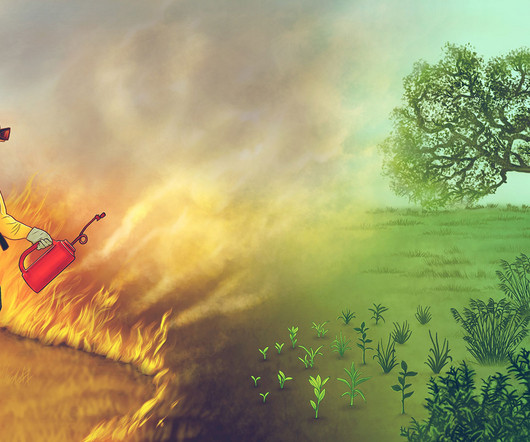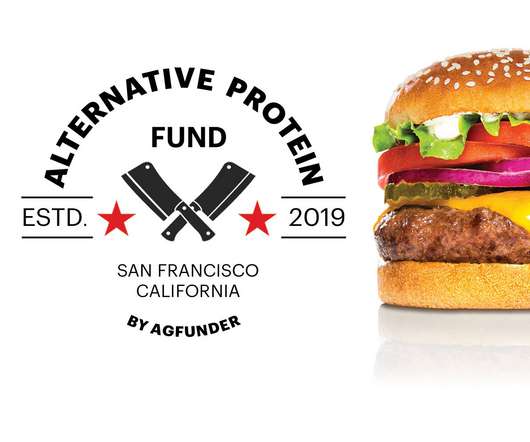Sustainable alternatives to garden lawns: Part 1
Low Impact
SEPTEMBER 29, 2020
The type, pH, quality, and fertility of the soil. An eco-friendly and ethical life involves taking control of your needs, and working out how to meet them without harming either other people or the planet. Provide other yields, such as fuel for heating, timber, and natural materials for crafting and DIY projects, herbal medicines, etc.















Let's personalize your content